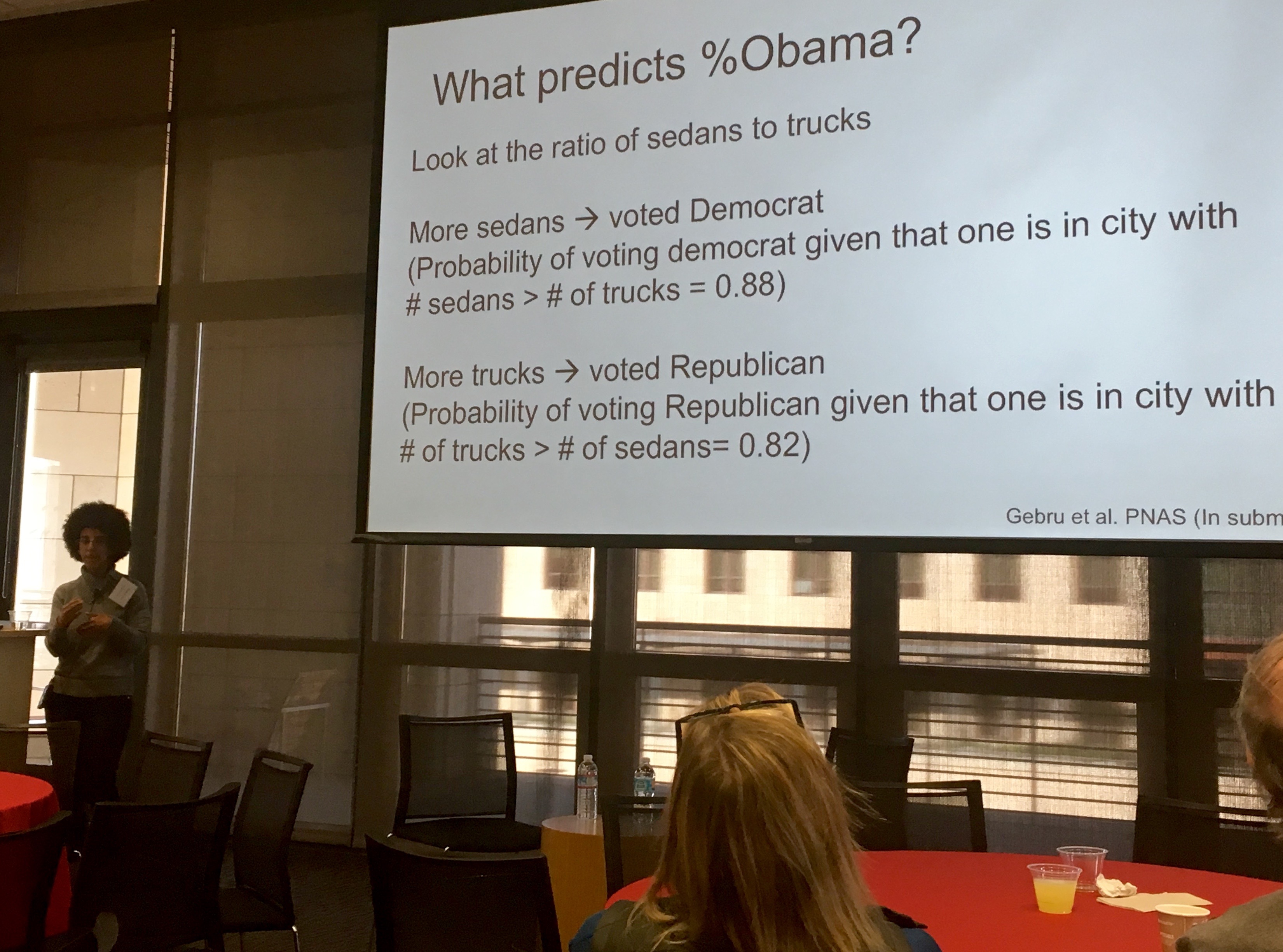|
Policy Sociology
''Policy sociology'' is a term coined by Michael Burawoy referring to a way of providing solutions to social problems.''2004 American Sociological Association Presidential address: For public sociology'', The British Journal of Sociology 2005, Volume 56, Issue 2. p260-290 Goals are usually defined by a client, which could be the government. Policy sociology provides instrumental knowledge, that is, knowledge that can be used to solve or help a specific case in the social world. According to Burawoy, the information gathered from policy sociology is open to an extra-academic audience. It is not confined to academic An academy (Attic Greek: Ἀκαδήμεια; Koine Greek Ἀκαδημία) is an institution of secondary education, secondary or tertiary education, tertiary higher education, higher learning (and generally also research or honorary membershi ... boundaries. The findings of policy sociology research are likely to have an effect on the general public as they could inf ... [...More Info...] [...Related Items...] OR: [Wikipedia] [Google] [Baidu] |
Michael Burawoy
Michael Burawoy (born 15 June 1947) is a sociologist working within Marxist social theory, best known as the leading proponent of public sociology and the author of '' Manufacturing Consent: Changes in the Labor Process Under Monopoly Capitalism''—a study on the sociology of industry that has been translated into a number of languages. Burawoy is a Professor of Sociology at the University of California, Berkeley. He was president of the American Sociological Association in 2004. In 2006–2010, he was one of the vice-presidents for the Committee of National Associations of the International Sociological Association (ISA). In the XVII ISA World Congress of Sociology he was elected the 17th President of the International Sociological Association (ISA) for the period 2010–2014. Biography Burawoy was born on 15 June 1947. Graduating as a mathematics student from the University of Cambridge in 1968, Burawoy went on to pursue postgraduate study in the newly independent African ... [...More Info...] [...Related Items...] OR: [Wikipedia] [Google] [Baidu] |
Public Sociology
Public sociology is a subfield of the wider sociological discipline that emphasizes expanding the disciplinary boundaries of sociology in order to engage with non-academic audiences. It is perhaps best understood as a ''style'' of sociology rather than a particular method, theory, or set of political values. Since the twenty-first century, the term has been widely associated with University of California, Berkeley sociologist Michael Burawoy, who delivered an impassioned call for a disciplinary embrace of public sociology in his 2004 American Sociological Association (ASA) presidential address. In his address, Burawoy contrasts public sociology with what he terms "professional sociology", a form of sociology that is concerned primarily with addressing other academic sociologists. Burawoy and other advocates of public sociology encourage the discipline to engage with issues that are of significant public and political concern. These include debates over public policy, political ac ... [...More Info...] [...Related Items...] OR: [Wikipedia] [Google] [Baidu] |
Government
A government is the system or group of people governing an organized community, generally a state. In the case of its broad associative definition, government normally consists of legislature, executive, and judiciary. Government is a means by which organizational policies are enforced, as well as a mechanism for determining policy. In many countries, the government has a kind of constitution, a statement of its governing principles and philosophy. While all types of organizations have governance, the term ''government'' is often used more specifically to refer to the approximately 200 independent national governments and subsidiary organizations. The major types of political systems in the modern era are democracies, monarchies, and authoritarian and totalitarian regimes. Historically prevalent forms of government include monarchy, aristocracy, timocracy, oligarchy, democracy, theocracy, and tyranny. These forms are not always mutually exclusive, and mixed govern ... [...More Info...] [...Related Items...] OR: [Wikipedia] [Google] [Baidu] |
Social World
Social reality is distinct from biological reality or individual cognitive reality, representing as it does a phenomenological level created through social interaction and thereby transcending individual motives and actions. As a product of human dialogue, social reality may be considered as consisting of the accepted social tenets of a community, involving thereby relatively stable laws and social representations. Radical constructivism would cautiously describe social reality as the product of uniformities among observers (whether or not including the current observer themselves). Schütz, Durkheim, and Spencer The problem of social reality has been treated exhaustively by philosophers in the phenomenological tradition, particularly Alfred Schütz, who used the term "social world" to designate this distinct level of reality. Within the social world, Schütz distinguished between social reality that could be experienced directly (''umwelt'') and a social reality beyond the i ... [...More Info...] [...Related Items...] OR: [Wikipedia] [Google] [Baidu] |
Academic
An academy (Attic Greek: Ἀκαδήμεια; Koine Greek Ἀκαδημία) is an institution of secondary education, secondary or tertiary education, tertiary higher education, higher learning (and generally also research or honorary membership). The name traces back to Plato's school of philosophy, founded approximately 385 BC at Akademia, a sanctuary of Athena, the goddess of wisdom and Skills, skill, north of Ancient Athens, Athens, Greece. Etymology The word comes from the ''Academy'' in ancient Greece, which derives from the Athenian hero, ''Akademos''. Outside the city walls of Athens, the Gymnasium (ancient Greece), gymnasium was made famous by Plato as a center of learning. The sacred space, dedicated to the goddess of wisdom, Athena, had formerly been an olive Grove (nature), grove, hence the expression "the groves of Academe". In these gardens, the philosopher Plato conversed with followers. Plato developed his sessions into a method of teaching philosophy and in 3 ... [...More Info...] [...Related Items...] OR: [Wikipedia] [Google] [Baidu] |

